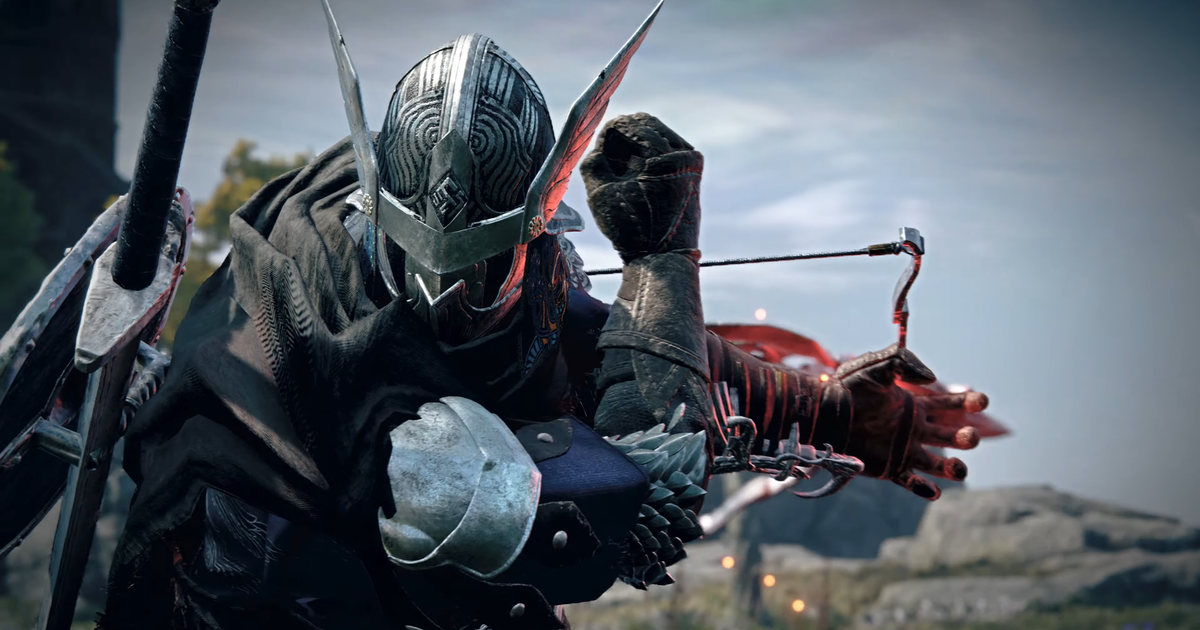World
‘You could feel World Cup was there’: KC2026 CEO provides update on Kansas City’s World Cup efforts

KANSAS CITY, Mo. — Thirty years ago, Pam Kramer was a rising star executive leading high-profile campaigns for Kansas City-based Sprint — and not all that familiar with soccer.
“I didn’t know much about the World Cup — and it was Sprint’s really big, first global sponsorship — so I had the opportunity to travel to all nine U.S. host cities (and) saw every U.S. team match” Kramer said Wednesday during an interview at Visit KC’s downtown office. “It was extraordinary — the celebration, the excitement, the enthusiasm. Even in cities like LA and New York, you could feel that the World Cup was there.”
Now, Kramer serves as CEO of KC2026 — the nonprofit tasked with preparing Kansas City to step into the World Cup spotlight in 18 months as the host of six World Cup games, including a quarterfinal, at GEHA Field at Arrowhead Stadium.
RELATED | Renovations underway at Arrowhead, which passes 1st test as soccer venue
“We have really strong momentum, and it’s built on the team, right?” said Kramer, who took the KC2026 reins in mid-July. “We’ve gone from a staff of two to a staff of 11 — and a few more starting after the first of the year — and they’re really high-achieving, high-performing people in transportation and marketing and safety and security.”
Chris Morrison/KSHB
Of course, Kramer and the KC2026 team is tasked with more than organizing a month-long series of events, including the Fan Fest that was announced in August, and moving people around the region.
City and soccer officials have promised a transformational experience for the region.
WATCH | ‘Welcoming the World: How KC Became a Host City’
Welcoming the Word: How Kansas City became a World Cup host city
“When you hear legacy, you think sticks and bricks — Centennial Park, something like that in Atlanta,” Kramer said. “For us, legacy is more about sustained and long-term impact. … That could end up being some sort of physical project or idea. But for us, legacy is more about creating capacity, building workforce, teaching people how to operate or showing that we can operate regionally, and creating a blueprint for how to do that.”
Kramer said she’s well aware that any decisions KC2026 make also have to work for Kansas City’s residents.
“The transportation plan starts with the people who are already here,” she said. “We want people not only to be able to get to work and do the things that they typically do, but also to engage with the World Cup.”
Kramer said Kansas City will be the first host city to announce its bus procurement next month, a huge step with FIFA and the other host cities also likely to be searching for buses ahead of the World Cup.
“We’ll more than double the capacity that we currently have in the city,” she said. “We’re going to be the first host city to go to market with our bus procurement, so certainly leading in that way.”
RELATED | Fan parking at Arrowhead may be nixed for World Cup
KC2026 also announced a plan for FIFA Fan Fest four months ago, so the organization has hit some major milestones thanks to “universal support” from local and state officials across Missouri and Kansas.
But Kramer said now is not the time to take her foot off the gas.
“We are far better prepared because of that universal support, both from a funding standpoint and preparation standpoint, but we still have a lot to do,” she said. “I mean — 539 days — I feel like we’re leading the host cities in many areas, but I would never say there’s not more work to do.”
With a chance to welcome the world, Kramer is also confident Kansas City will rise to meet and embrace the moment.
“It’s hard to watch the World Cup and not become a soccer fan and not get swept up in the enthusiasm,” she said. “I saw Brazil play and their fans were so joyful.”
World Cup qualifying will continue until March 2026
—
KSHB 41 reporter Tod Palmer covers sports business and eastern Jackson County. Share your story idea with Tod.










